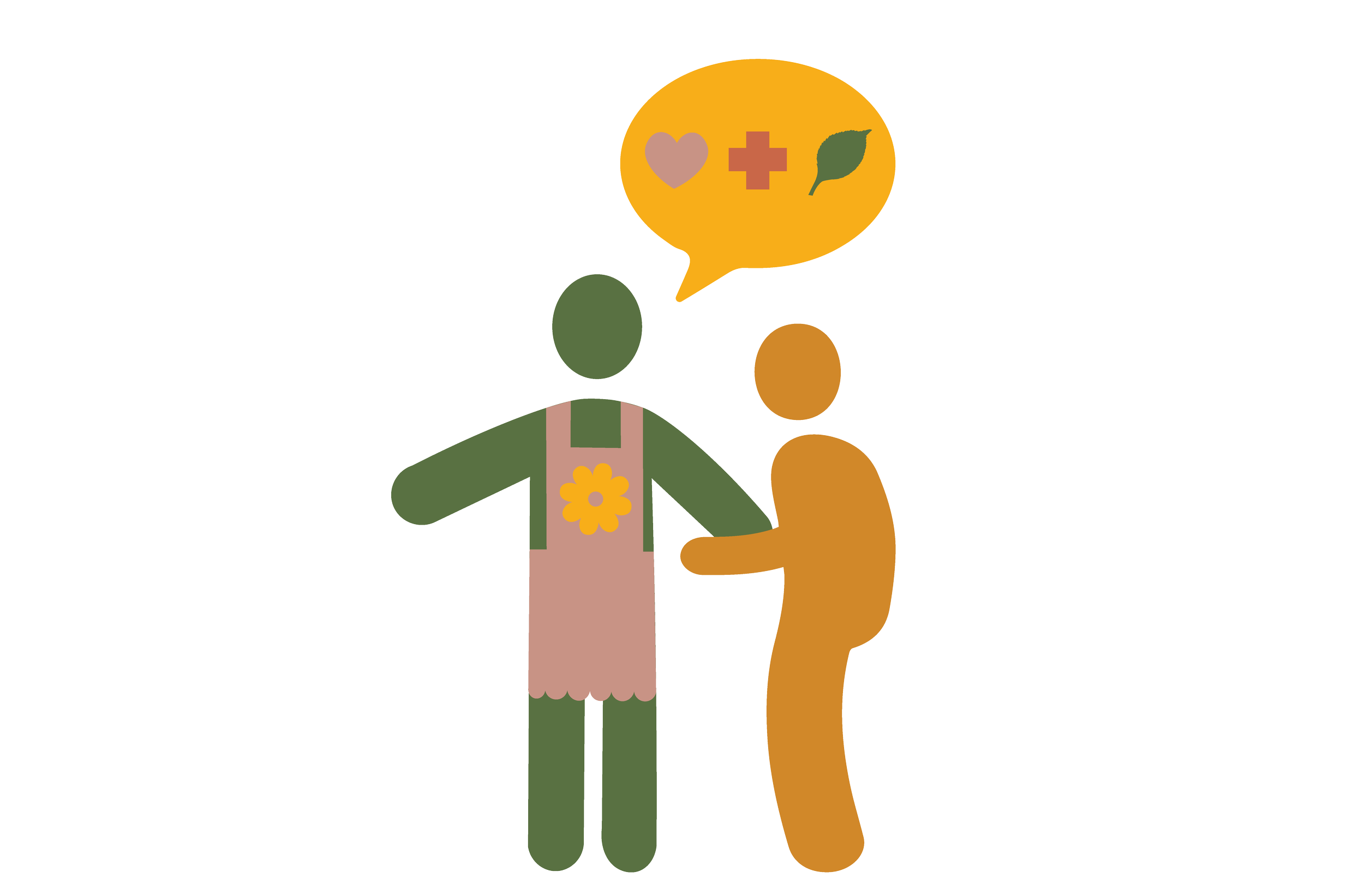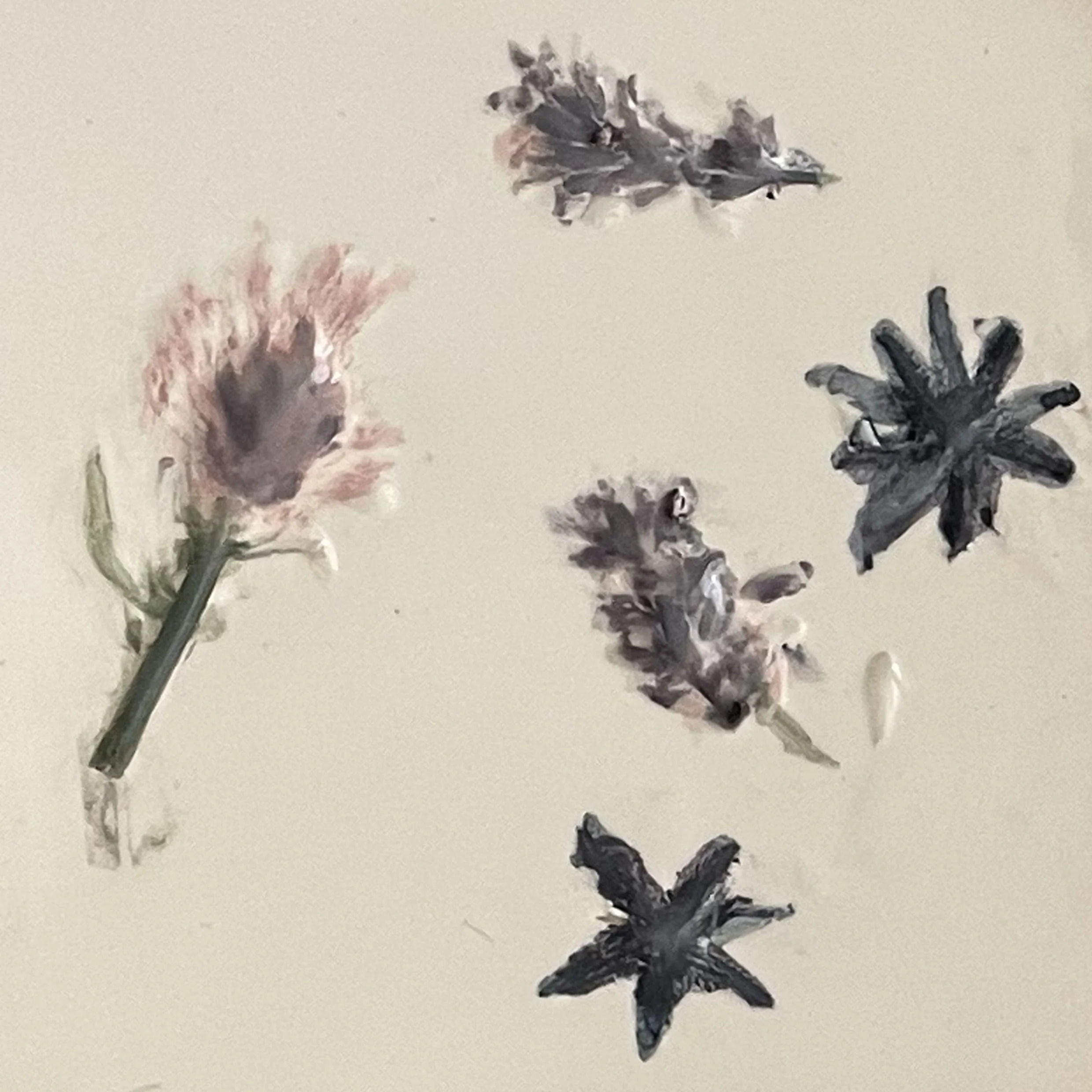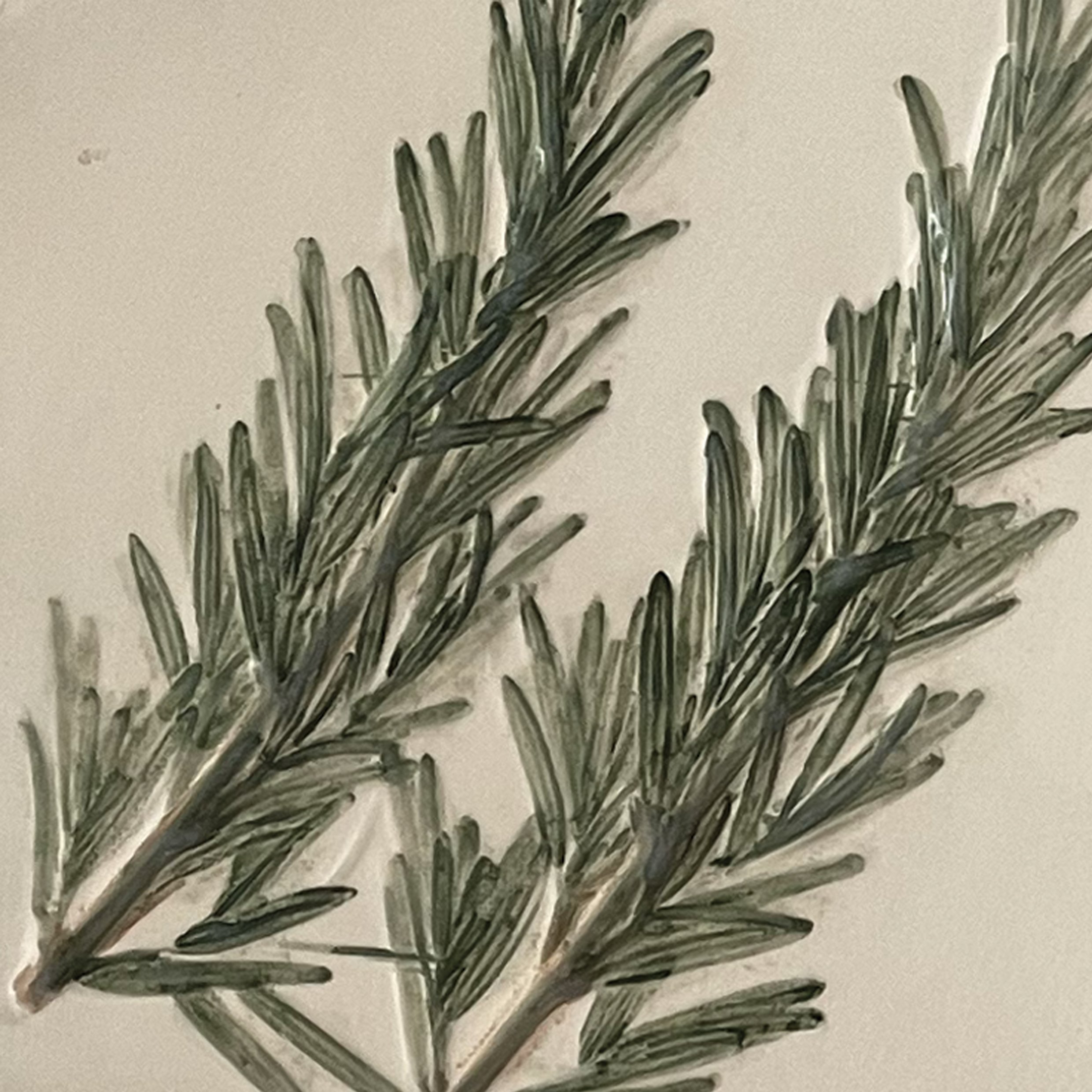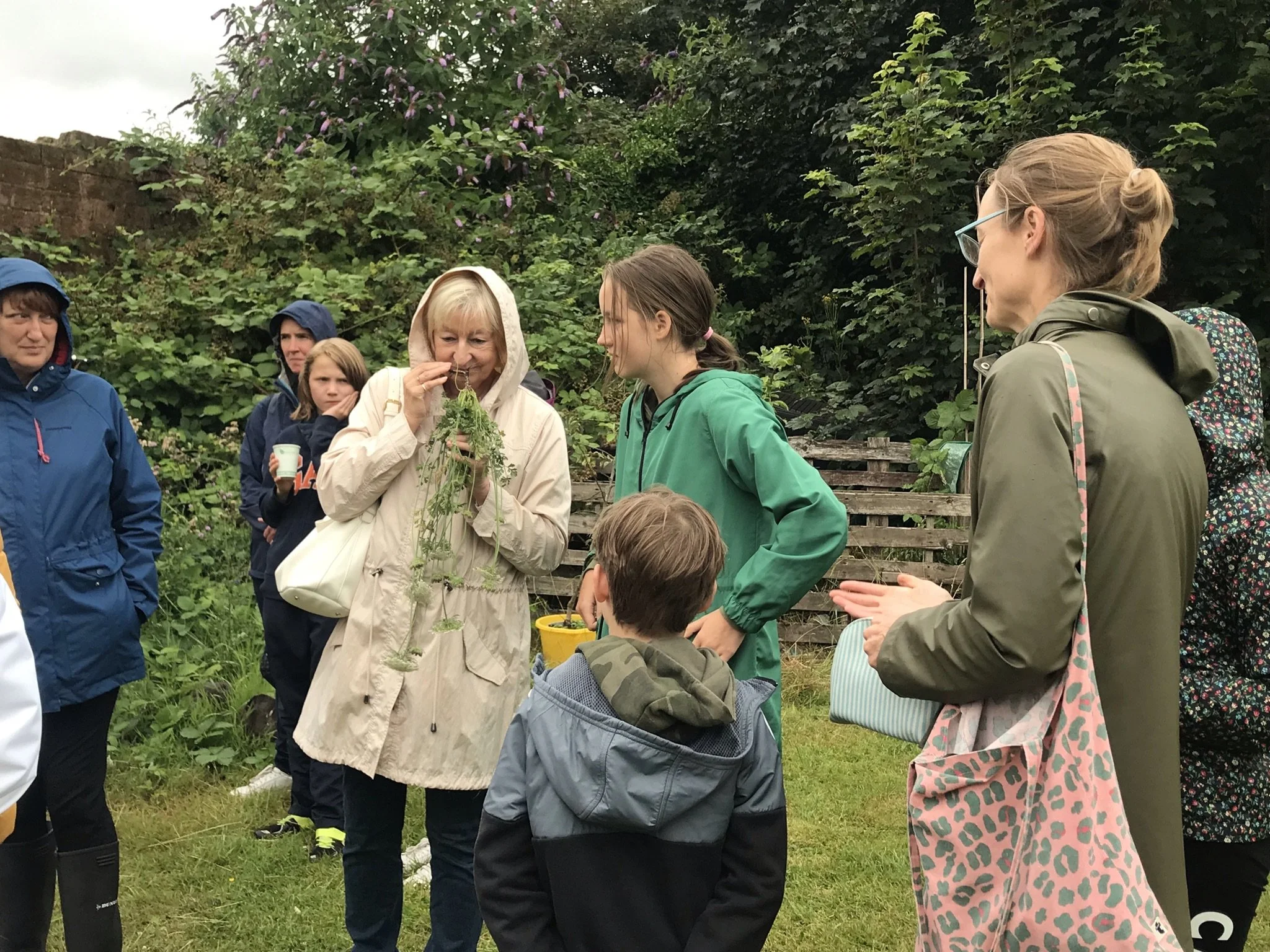Natural Health & Wellbeing at Sudley
A fitting story to emerge from the heritage project was from Chris Bernard, director of legendary Liverpool film ‘Letter to Brezhnev’. After moving to the area from Toxteth, Chris used to play on Sudley Field (often with Brezhnev cameraman Bruce McGowan) and remembers his Great Aunty Ethel (Ethel Emma Carter) was homeopath and physiotherapist to Emma Holt.
Homeopaths at this time were part of a radical movement towards health and social justice. Many believe this model to be the precursor of the NHS, and we would argue Ethel’s healing roots stem back to those persecuted radical women healers called witches.
Botanic gardens evolved from ‘physic gardens’ – like the Chelsea Physic Garden in London which was founded in 1673 – and here the medicinal properties of plants were studied and taught, predominantly by men. As Britain had started to trade with the whole world and with the growth of the British Empire, plants were coming into Liverpool from all over the world, so it was a logical step to create the Liverpool Botanic Gardens for the increasing collection.
By using ‘community herbalism’ in the walled garden today, we are not only connecting to the heritage of botanic and physic gardens, but reclaiming the much older traditional wisdom on the beneficial properties of plants that was the domain of hedge witches, wise women and community healers.
Discovering this story from Chris Bernard about Ethel introduced a beautiful symmetry around community, connections, the history of medicine and healing, and modern day empowerment around personal and community health and wellbeing which forms part of the wider mission of the Growing Sudley project.
Community Herbalism and Plant Medicine
We work with the healing power of plants and nature in the garden through community herbalism and traditional knowledge sharing. Working in collaboration with a range of Medical Herbalists, we connect people to lost knowledge of how plants in the hedgerow or under our feet can support health and rehabilitation. Check out our seasonal herb walks, courses and workshops, and learn how common plants (often called ‘weeds’) can support nutrition and healing.
Chamomile, Nettle, St John’s Wort, Dandelion, Echinachea









